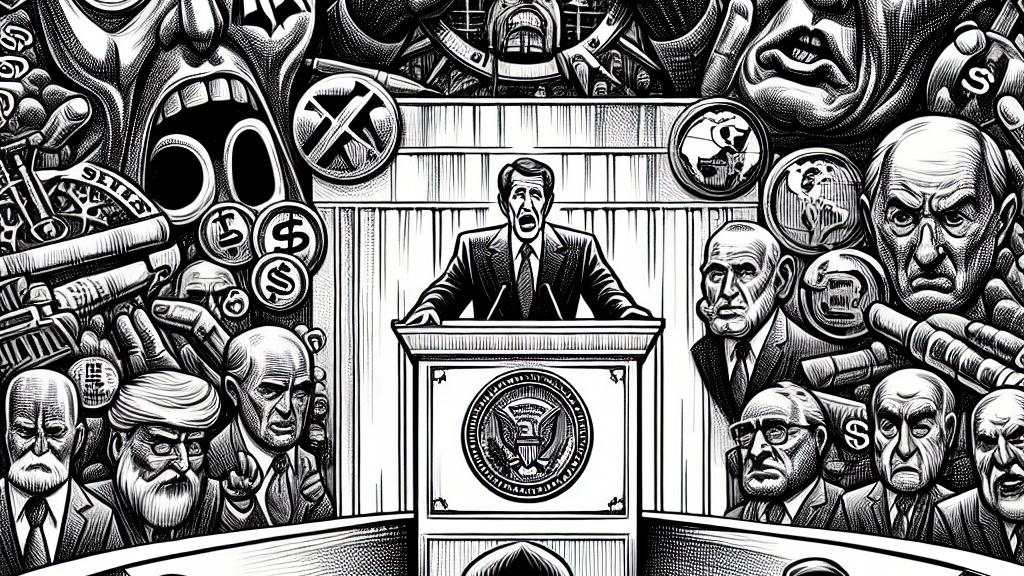Understanding the Controversy Behind Biden's Veto of a Major Steel Deal
Overview
- Biden's veto creates significant tensions in US-Japan relations.
- Framed as a national security measure, the decision is met with skepticism.
- Japanese investments historically strengthen both economies.

Biden's Bold Veto and Its Far-Reaching Impacts
In a striking and controversial decision made in early January 2025, President Joe Biden vetoed Nippon Steel's ambitious $14.9 billion bid to acquire US Steel. This move was not just a simple rejection; it was couched in claims of national security, a justification that has raised eyebrows and fueled debate across the globe. How could a trusted ally like Japan suddenly be viewed as a threat? Critics were quick to lash out, labeling the veto as 'shameful and corrupt' while warning of potential job losses in the thousands across America. The situation escalated further as Nippon Steel and US Steel both initiated legal actions against Biden—a rare and dramatic confrontation that reflects rapidly deteriorating diplomatic ties and raises alarming questions about international commerce.
Japanese Officials Respond: A Breakdown in Trust
Following Biden's unexpected veto, Japanese officials rushed to voice their discontent and concern, and their urgency underscored the delicate balance of US-Japan relations. Foreign Minister Takeshi Iwaya expressed his profound disappointment, stating, 'Japanese investments have consistently benefitted both sides of the ocean.' Prime Minister Shigeru Ishiba, in a powerful statement, demanded a clear explanation for why Japan was singled out as a national security concern. 'When alliances are strained without explanation, it damages trust,' Ishiba argued. Their outcries reveal an underlying anxiety about the relationship's future, underscoring the need for open communication and clarity in dealings between such significant global partners.
Nippon Steel's Contributions and American Worker Support
Nippon Steel's bid symbolized more than a mere financial transaction; it represented a lifeline for many American workers hoping for stability in an uncertain industry. The company promised to keep US Steel plants running without any layoffs for ten years—a commitment that resonated deeply with the workforce. Many US Steel employees rallied behind the bid, viewing it as a chance to revitalize their jobs and communities. 'This was our opportunity to secure a better future,' one worker noted passionately, emphasizing the crucial role foreign investment plays in America’s industrial landscape. Yet, Biden's decision sent shockwaves through this hopeful sentiment, leaving these workers wrestling with the precariousness of their employment.
The Broader Implications of the Veto
The implications of Biden's veto extend far beyond this single deal, casting a long shadow over the future of foreign investments in the United States. Suppose potential investors start to view the political climate as volatile or antagonistic; they might hesitate or even retreat from the American market altogether. A perfect example is Nippon Steel, a titan in the steel industry eager to provide capital and innovation in the U.S. If companies feel the political landscape is riddled with risks, both economic growth and job creation could languish in a stifled environment. In essence, the message Biden's veto conveys is stark: political concerns could ultimately undermine the economic opportunities that were once a hallmark of America’s openness to foreign investment, jeopardizing the nation’s competitive edge in the global market.

Loading...